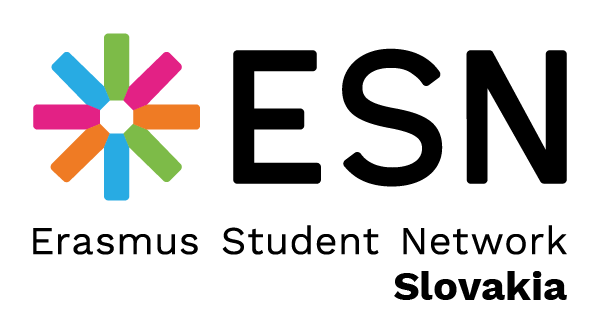You need to prepare your stay abroad well in advance. The most important steps for successful academic recognition need to be done before you leave for the exchange.
When to go on exchange?
This is the first decision you need to make. And you can make it really early, even one or two years in advance! Take a careful look at the programme of your studies: you will notice that there are different courses: mandatory major courses, mandatory minor courses, free electives, thesis etc. Each study programme has a certain number of mandatory courses you will need to complete to obtain your degree and a certain number of free electives to choose from.Most probably you will have some of each of them every semester. If you want to go on exchange, it is better to choose a semester or academic year when you will have less mandatory subjects and more free electives. You will be able to choose freely the courses that interest you most from the offer of host institution. If you are not sure what time will be the best for you to depart on Erasmus, get advice from your Erasmus coordinator.

Check the timeline for applications in your home university and eligibility criteria
Each Higher Education Institution has its own timeline for applications. You should start your preparations with checking all the deadlines. This is really important, because usually there is only one or two applications for the Erasmus programme per year.
Choose the institution where you want to go on exchange
The decision about where you want to go on exchange is one of the most important aspects of the process. Make sure you choose wisely!
What do you need to remember when choosing the institution where you will be studying abroad?
- Check the list of the institutions to which you can go. You can make your Erasmus in any of the institutions that your university has a bilateral agreement with. This information should be available on the website of the institution or your faculty. If you cannot find it, consult the International Relations Office or ask the Erasmus Coordinator of your university.
- Check the programme for the semester at your host institution – see what the obligatory subjects are and how many free electives you have.
- Check the study programme in the host institutions and see if they have matching courses for your obligatory subjects.
Apply at your home institution
Each HEI has its own application procedure. Sometimes you will have to submit your CV and motivation letter, in other cases you will have to present your motivation in front of a special commission. In all the cases make sure you are well prepared!
Prepare the necessary documents
The Erasmus programme will allow you to transfer your learning outcomes from the host institution to your home institution, but to complete this process successfully you will need to prepare and submit several documents before, during and after your exchange.
Source: Successful Recognition, Student Guidebook by Justyna Pisera, Prime project Coordinator
PRIME, Problems of Recognition In Making Erasmus is a research project of ESN International. It is supported by the European Commission under an Erasmus Accompanying Measures grant within the Lifelong Learning Programme.

Follow us